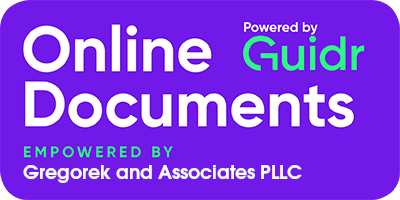Blog
Danger of Joint Accounts
Joint accounts can be a convenient and practical way to manage finances, especially for family members, spouses, or partners with shared expenses or financial goals. However, it’s essential to recognize that joint accounts also come with potential risks and drawbacks that must be carefully considered before opting for this type of financial arrangement. By understanding the potential pitfalls, individuals can take proactive steps to protect their financial interests and maintain control over their funds while navigating the complexities of joint account ownership. Here are some of the main risks associated with joint accounts:
- Lack of Control: With a joint account, both account holders have equal ownership and control over the funds. This means that each account holder can withdraw or use the money without requiring the other’s consent. If you want to maintain sole control over your funds, a joint account might not be the best option.
- Liability for Debts: When you open a joint account, you are not only sharing ownership of the funds but also the responsibility for any debts or liabilities attached to the account. If the other account holder incurs debts or legal liabilities, creditors could go after the funds in the joint account.
- Relationship Changes: Joint accounts are often opened between family members, spouses, or partners. While this may work well when the relationship is strong and stable, it can become problematic if the relationship sours or ends in conflict. Disputes over the account’s funds can arise, leading to legal battles and strained relationships.
- Unintended Consequences: In some cases, joint accounts can lead to unintended consequences. For example, if one account holder passes away, the surviving account holder automatically becomes the sole owner of the funds, potentially excluding other family members or beneficiaries who were intended to inherit.
- Tax Implications: Joint accounts can have tax implications, especially if significant sums of money are involved or if the account generates income. It’s crucial to consult with a tax advisor to understand the potential tax consequences of joint accounts.
- Financial Exploitation: In situations where one account holder is vulnerable, such as an elderly parent or a dependent adult, joint accounts can be susceptible to financial exploitation by the other account holder.
Work with an Experienced Washington Estate Planning Attorney
Given these potential dangers, it’s essential to carefully consider whether opening a joint account is the right decision for your specific circumstances. If you do choose to open a joint account, it’s essential to establish clear communication and trust with the other account holder, regularly monitor the account’s activity, and be aware of the potential consequences. For valuable insight and guidance in making informed decisions about your financial arrangements, call Gregorek & Associates at 425-284-3450 or fill out our contact form and we will be in touch to schedule a meeting.
